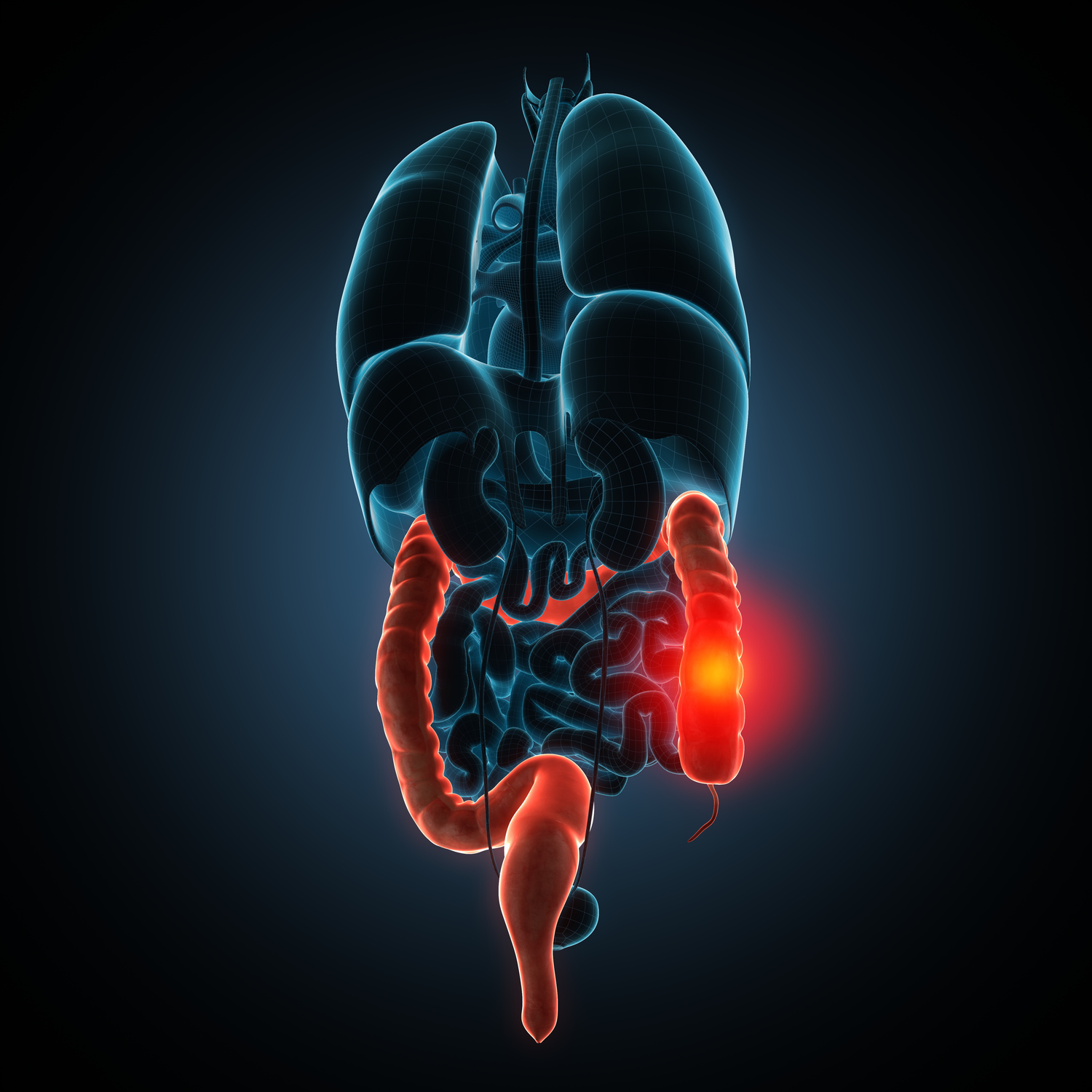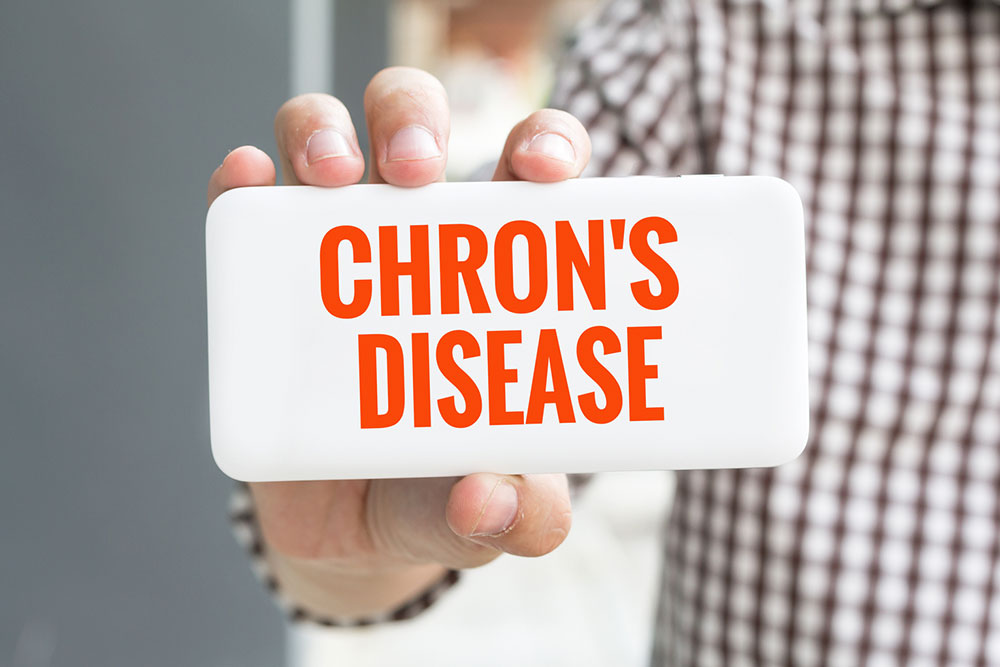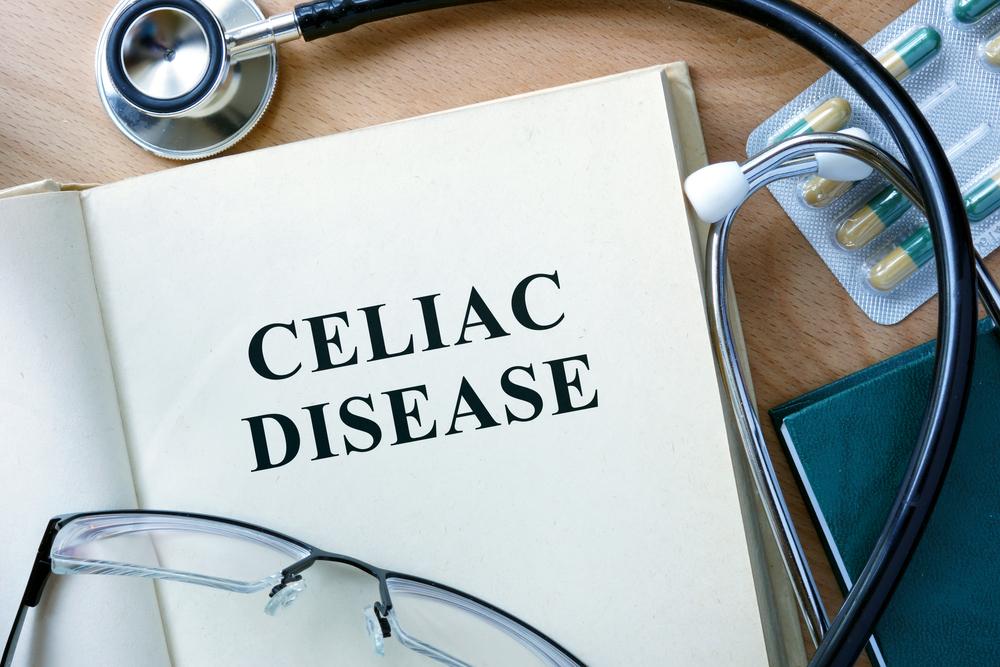Understanding Colitis: Types, Causes, and Symptoms
This article provides a comprehensive overview of colitis, detailing its types, causes, and symptoms. It emphasizes the importance of early detection and management to prevent serious health complications. Understanding colitis helps individuals recognize symptoms and seek timely medical care, promoting better digestive health. The piece also explores different forms like ulcerative, ischemic, and pseudomembranous colitis, offering valuable insights into this common yet complex gastrointestinal condition.

Maintaining optimal bodily function requires every organ to operate smoothly. Even minor disruptions can lead to serious health issues. Adopting a healthy lifestyle involves not only regular exercise but also mindful eating—choosing foods that support, rather than harm, our delicate digestive system. Among common digestive ailments, colitis significantly impacts the large intestine. This condition involves inflammation of the colon and can affect individuals of any age, leading to considerable discomfort if untreated. Understanding colitis’s types, causes, and symptoms is essential for prevention and early intervention.
What is Colitis?
Colitis refers to inflammation in the colon, often resulting in severe health consequences if neglected. It generally affects the sigmoid colon and rectum, but in some cases, the entire colon may be involved, worsening symptoms. Monitoring and early detection are crucial to managing this disease effectively.
Types and Causes of Colitis
Colitis presents in various forms, each with distinct causes:
Ulcerative Colitis: An inflammatory bowel disease similar to Crohn’s disease, characterized by bleeding ulcers along the inner lining of the large intestine. It begins in the rectum and spreads upward, often requiring lifelong management.
Ischemic Colitis: Results from restricted blood flow to the colon, frequently caused by blood clots, fatty deposits, or vessel thickening (Atherosclerosis). This sudden reduction leads to tissue damage.
Pseudomembranous Colitis: Occurs when beneficial bacteria in the colon are overwhelmed by harmful bacteria, particularly after antibiotic use. The overgrowth of Clostridium difficile produces toxins that cause inflammation.
Symptoms of Colitis
Recognizing the signs of colitis is vital for early treatment. Symptoms include:
Unexpected weight loss
Blood in stool
Diarrhea, possibly with blood
Intense abdominal pain
Vomiting
Abdominal bloating
Awareness of these symptoms promotes timely medical attention, preventing complications and improving outcomes.
Note: This overview aims to increase understanding of colitis, highlighting the importance of prompt diagnosis and management. For personalized advice, consult healthcare professionals.










